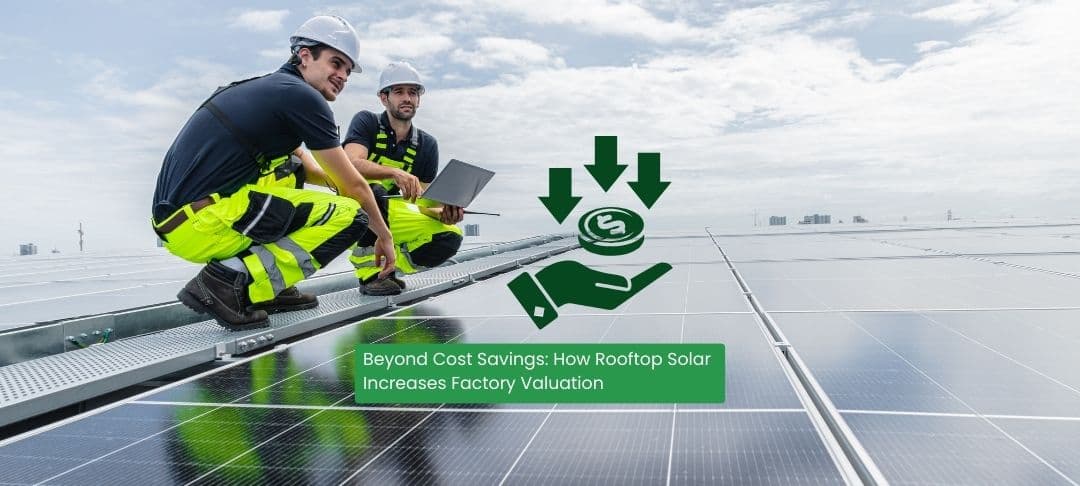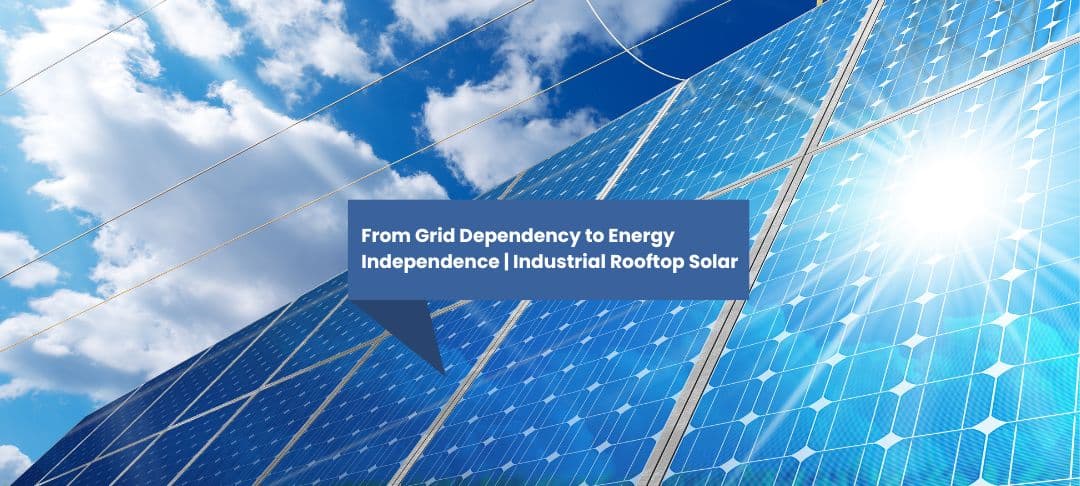How to Choose the Right Solar Panel for Home
Published at - February 15, 2025
More homeowners are switching to solar energy due to growing concerns about environmental sustainability. As global temperatures rise and extreme weather events occur already — people are are embracing sustainable solutions. Moreover, solar panels cut down on electricity bills, making it a viable long-term choice for developing countries like Bangladesh.
In Bangladesh, the solar panel industry is starting to thrive. Companies like Solaric Global are making a mark in contributing to the sustainable energy sector with their cutting-edge technology of international standards.
Thus, installing a solar panel system can help the environment, raise the value of your house, and drastically reduce your electricity costs. However, with so many options available, selecting the best solar panel system is a crucial job. This blog will outline some of the main factors to consider when choosing the ideal solar panel system for your house!
Know How Much Energy Your Home Needs
Before investing in solar panels, you must determine how much energy your home uses. To determine your typical monthly and annual energy consumption, start by reviewing your electricity bills. This information, expressed in kilowatt-hours (kWh), helps you estimate the size of the system needed to satisfy your requirements. Examine your electricity invoices from the previous 12 months to determine your average usage.
The information will help you determine how many solar panels you will need, and optimise on cost estimation. If you are unsure about your energy usage, too less solar panels will cover your electricity needs and too many panels will overproduce which will lead to higher costs.
The process of counting solar panel output
Knowing when the sun is at its strongest is necessary to calculate how much electricity a solar panel system can produce. It is important to know this information, as it will be one of the main factors determining the performance of your solar panel system.
An hour of sunlight that averages 1,000 watts of power per square metre is referred to as a peak sun hour. To put it simply, peak hours—which, on an ordinary day, are roughly 3.5 peak sun hours—are used to indicate the greatest number of hours of sunshine that a solar panel may get in a day because sunlight is not constant throughout the day.
To get how much energy your system produces each day, simply multiply the power output of your solar panels by the number of hours of sunlight.
Pick the Right Solar Panel Type
There are many different kinds of solar panels, each with its own cost, durability, and efficiency level. For example, panels with only one crystal exhibit a high efficiency (15–22%) and are made from a single crystal structure. They are longer-lasting and more space-efficient ones are usually more costly, they function better in low light.
Panels with several crystals are composed of many silicon pieces, which results in a somewhat reduced efficiency. They are less expensive, but it takes up more room to get the same results. These panels are also Ideal for budget-conscious households with lots of roof space.
Panels with thin films are constructed using photovoltaic materials such as cadmium telluride, it is lightweight and flexible. They operate well in extremely hot or cold climates but have a lower efficiency. These types are perfect for non-traditional roofs or large-scale projects.
Picking the right solar panel by considering all the options will help you determine which type will best suit your home and get the desired results — which is a long-term solution for electricity.
Furthermore, as many panels are made for many types of climatic situations (hot, rainy, cold weather) picking the right panel is important to fit the climatic situation you live in, it will ensure maximum performance all year round!
Consider the Efficiency and Power Output
Efficiency gauges a panel's ability to transform sunlight into electrical power that can be used. More power is produced in the same area by panels with higher efficiency. Purchasing high-efficiency panels can optimise energy production if your roof space is limited.
Look out for the technology and panel composition before picking a solar panel. The orientation and angle of the place where you will install your solar panels are also crucial to get the maximum performance. As the solar panel is a long-term investment, you will want to make sure to buy a durable product which captures the broader light spectrum and tackles the conditions of the weather and shade.
Consider Sun Exposure and Roof Location
The size, direction, and condition of your roof all have a significant impact on how well your solar panel system works. In the northern hemisphere, roofs facing south receive the greatest sunshine. Output is maximised when there is little shade from surrounding structures, chimneys, or trees.
Roofs that are sturdy and long-lasting can sustain the weight of the panel and endure environmental conditions.
Select the Proper Inverter
Direct current (DC) produced by solar panels is transformed into alternating current (AC) for usage in homes by an inverter. String inverters are affordable and appropriate for houses that receive regular sunlight. Each panel has a microinverter installed to increase efficiency in the event of shading problems. Power Optimisers: To improve performance in partial shading, use string inverters.
Think About Durability, Warranties and Expenses
Long-term performance and fault protection are guaranteed by a quality warranty. Two important warranty types to consider are performance warranty and product warranty. Performance Warranty provides a 25-year guarantee on energy production levels and product warranty usually lasts 10–25 years and covers manufacturing flaws.
A solar system's price varies according to its size, location, and panel quality. Nonetheless, several financial choices and incentives can lower the cost of solar energy. Costs can be considerably reduced by tax credits and refunds. With solar loans, you may spread out your payments over time as well.
More importantly, check for certifications and read user reviews before opting for a solar panel system. Compare prices of many types of solar panels and review their durability to pick the best product. Get a professional opinion if you are unable to reach a solution.
Hire a Trustworthy Solar Installer
Selecting a qualified and professional solar contractor guarantees correct installation and top performance. Ask for references and read customer feedback. Examine prices and offerings from several suppliers.
Purchasing a solar panel system is a wise choice for the environment and financial benefits. You can choose the ideal solar system for your house by determining your energy requirements, comprehending panel kinds, taking roof conditions into account, picking the appropriate inverter, and looking into financing choices. To guarantee a seamless transition to renewable energy, spend time researching and speaking with specialists, and make sure of a budget-friendly buy for your system.



